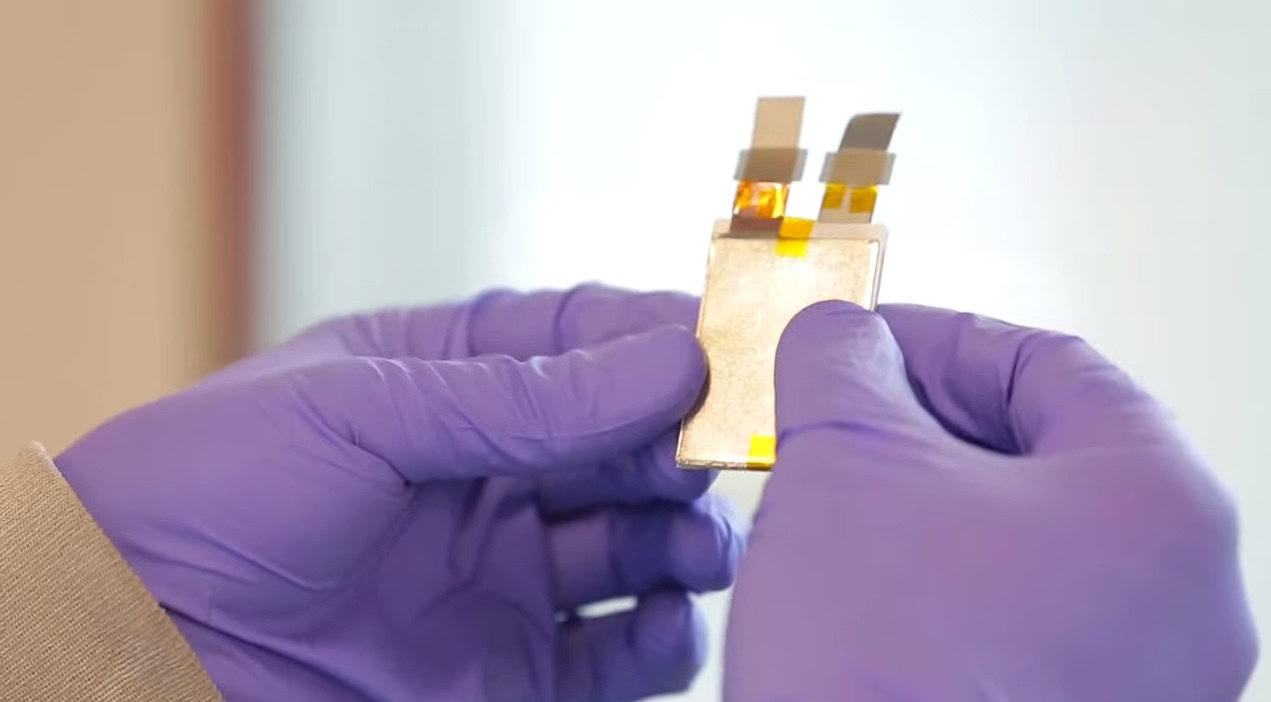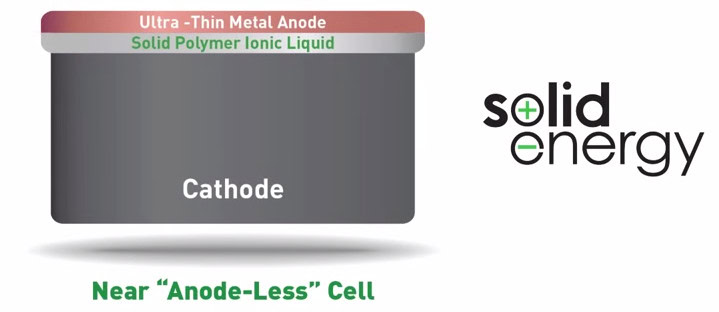Affiliate links on Android Authority may earn us a commission. Learn more.
MIT spinoff aims to be the next solution for battery life issues

We’ve seen our fair share of companies that claim they’ll “revolutionize” smartphone battery technology, though we haven’t seen many of those breakthroughs come to the mainstream yet. Even so, an MIT spinoff company called SolidEnergy claims to have created a new lithium-ion battery that can store far more lithium ions and still last hundreds of charging cycles. The size of the battery is reduced by a method that’s been tried many times before. SolidEnergy is replacing the usual graphite electrodes with a thin sheet of lithium-metal foil, which could potentially be dangerous. In the past, batteries using this method have either stopped working prematurely or in some instances have caused explosions.

This problem is countered by using an ultra-thin metal anode and an electrolyte that both have solid and liquid parts. SolidEnergy explains:
SolidEnergy’s solution is to use both a solid electrolyte and a liquid one. The solid electrolyte is applied to the lithium-metal foil—the ions don’t have far to travel through this thin material, so it doesn’t matter that they’re moving relatively slowly… Once ions move through the solid electrolyte, they reach the liquid electrolyte, which provides a path into the opposite electrode. Unlike conventional liquid electrolytes, this one isn’t flammable. And it has additives that prevent the lithium metal from reacting with it and that prevent dendrites from forming.
SolidEnergy warns that this breakthrough should be taken with a bit of caution. They say that the transition to making a handful of high-performing prototypes is one thing, but producing large volumes of these parts can be extremely difficult. The company also adds that its prototypes can withstand up to 300 lifetime charging cycles while retaining 80% of its original storage capacity.
The company plans to roll out their battery technology to mobile devices by 2016, followed by electric car batteries in 2017. Take a look at the promotional video below to see how exactly SolidEnergy’s technology works.
So, what do you think? Is this the next big thing when it comes to battery technology? Let us know what you think!